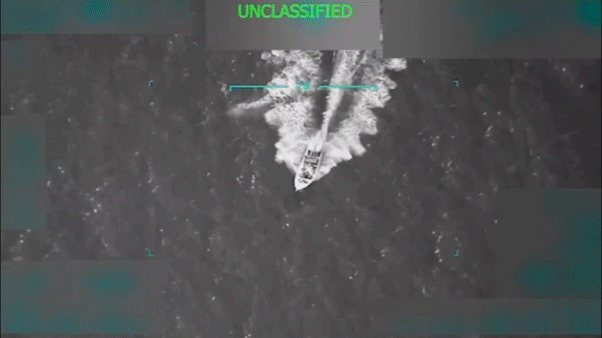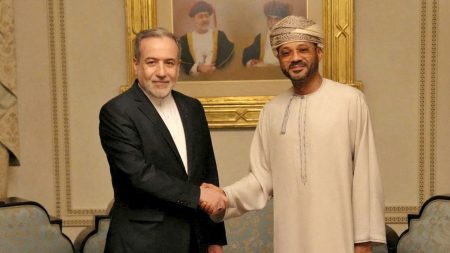U.S. Senators Challenge Trump’s Military Actions in Venezuela
In a significant development highlighting the tension between presidential and congressional war powers, a bipartisan group of U.S. Senators has moved to restrict President Donald Trump’s military engagement in Venezuela. The senators introduced a War Powers Resolution on Friday following recent U.S. strikes off Venezuela’s coast, emphasizing that only Congress holds the constitutional authority to declare war. This comes after President Trump suggested he was considering land operations and had authorized CIA activities in the region, which has prompted Venezuelan President Nicolás Maduro to respond with military exercises and troop deployments near the Colombian border since August. The resolution represents a critical moment in the ongoing debate about executive authority in military matters and raises questions about potential U.S. involvement in another foreign conflict.
Senator Tim Kaine (D-Va.), a member of the Senate Foreign Relations Committee, has emerged as a vocal critic of the administration’s approach, expressing deep concern about potential “illegal military strikes” in Venezuela without congressional authorization. “Americans don’t want to send their sons and daughters into more wars—especially wars that carry a serious risk of significant destabilization and massive new waves of migration in our hemisphere,” Kaine stated. His sentiments reflect broader anxieties about the potential consequences of military escalation in the region, including humanitarian concerns and the possibility of triggering increased migration flows toward the United States. Kaine challenged colleagues who might support military action to fulfill their constitutional obligations by making their case to the American people and passing an Authorization for Use of Military Force.
The resolution has garnered support across party lines, with Republican Senator Rand Paul of Kentucky joining the effort. Senator Paul emphasized the importance of constitutional processes in war decisions, stating, “The American people do not want to be dragged into endless war with Venezuela without public debate or a vote. We ought to defend what the Constitution demands: deliberation before war.” This bipartisan alliance highlights how concerns about executive overreach in military matters can transcend typical partisan divides. Despite this cross-party support, the resolution faces significant challenges in the Republican-controlled Senate, which currently holds 53 seats in the upper chamber, making passage uncertain at best.
The current resolution follows a similar recent legislative attempt that failed in the Senate. That bill, co-sponsored by Paul and Democratic Representative Adam Schiff of California, sought to block U.S. military force in the southern Caribbean Sea without congressional authorization. Despite Republicans Paul and Lisa Murkowski of Alaska crossing party lines to support it, the measure did not secure enough votes to pass. This pattern suggests an ongoing struggle within Congress to reassert its war powers authority against what some lawmakers view as executive branch overreach. The administration has justified its actions as necessary counternarcotics operations targeting terrorist organizations, though Democrats have questioned the evidence supporting these claims.
The White House has responded forcefully to the resolution, with spokesperson Anna Kelly telling Fox News Digital, “As Commander-in-Chief, the President has acted within the laws of armed conflict to protect our country from those trying to bring poison to our shores.” The administration characterized the senators’ efforts as “trying to run cover for evil narco-terrorists,” referencing the approximately 100,000 Americans who die from drug overdoses annually. This rhetoric frames the military actions as part of a broader counternarcotics strategy rather than acts of war, a distinction that has significant legal and constitutional implications. The administration has designated Tren de Aragua, allegedly targeted in these strikes, as a Foreign Terrorist Organization earlier this year.
Complicating matters are conflicting accounts about who was affected by the U.S. strikes. According to Reuters reporting, Venezuelan officials have claimed that at least one strike resulted in casualties who were not members of drug cartels, raising questions about the precision and intelligence behind these operations. These disputed narratives highlight the fog of information surrounding these military actions and underscore why many lawmakers believe congressional oversight is essential. As tensions continue to simmer between the United States and Venezuela, the outcome of this resolution may set important precedents for how America engages militarily in the region and the balance of war powers between the executive and legislative branches in the current political landscape.















